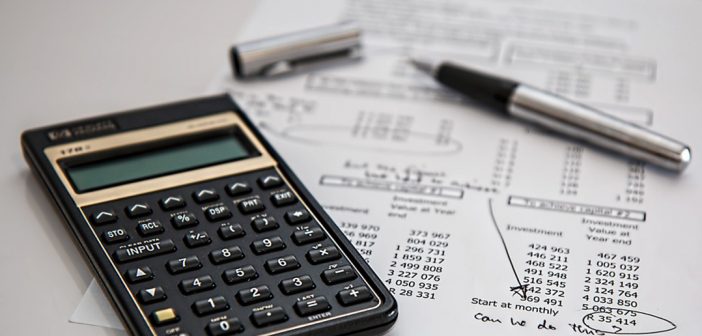The process allows an Insolvency Practitioner to negotiate a deal on your behalf with your creditors, permitting the repayment of your debts in manageable instalments, over a fixed, long-term period (usually around 5 years).
WILL MY HOUSE BE PROTECTED?
For private home owners, one of the main benefits of an IVA compared to bankruptcy is that you are not obliged to sell your home.
As per the terms of an IVA, if you own a property and have equity, you must remortgage the property and give up some of the equity. The money which results from the remortgage will be used to complement your IVA payments, or even to pay everything off in one go. If the property’s equity is due, the insolvency practitioner will consider the extra amount required to cover the mortgage increase, so that the new payment amount is manageable.
The insolvency practitioner decides when the capital is to be released from the property – this can be at the beginning or the end of the IVA process. Issues such as penalties, payment capacity, ‘loan amount’ etc. will need to be taken into consideration.
Freeing up the money contained within your property can mean that the IVA will take less time to pay off. For example, instead of the standard 60 months, you could shorten the period to 48, 36 or 12 months. In some cases, the resulting amount from the remortgage can be enough to settle your debts by itself.
If you take the route of selling your house as part of the IVA process, you will automatically have to use the profits to pay off your debts. There are some situations in which it is permitted to hold on to some of the profits, but you will need to justify this legally.
If the equity on your property is negative, you may still be eligible for an IVA. However, the chances that you will free up the necessary equity for an IVA are smaller. In this case, your IVA will probably last the full 60 months, and will depend entirely on your income being enough to cover a satisfactory instalment amount for your creditors.
WILL MY CAR BE PROTECTED?
Under the terms of an IVA, car owners are not required to part ways with their vehicle if they can show that they need it for their daily requirements. For example, if you require a car to get to and from work, this is considered reason enough not to be obliged to sell it. On the other hand, your vehicle should not be an extravagance – overly expensive cars will need special justification.
If the car is rented with a purchasing option, and the purchasing price is reasonable, the instalments can be included in the monthly budget. However, in most cases, if the rent is due to expire before the end of the IVA, the remaining balance will go towards the IVA. This can be quite useful, as it makes the IVA proposal more attractive to your creditors.
14
















